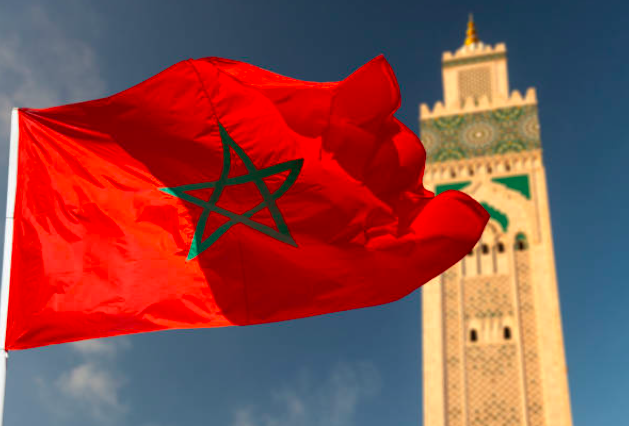introduction
Travel to Morocco and immerse yourself in the lands of vibrant colours, rich history and diverse landscapes. This North African gem offers an unforgettable experience, from the bustling souks of Marrakech to the calm sands of the Sahara. This ultimate travel guide will delve into important information for those planning a trip to Morocco and ensure you make the most of your trip.
Why go to Morocco?
Morocco is renowned for its unique blend of Arab, Berber and French influences, and unlike the others, it creates a cultural tapestry. From the Atlas Mountains to the Atlantic coastline, the country’s geographical diversity deprives the rich experience for travelers of all kinds of different types.
1. Cultural wealth
Moroccan culture and history are engraved in its cities and landscapes. Visit the ancient Medinas of Fez and Marrakech, explore the historic Casbah and marvel at the intricate tiled works and architecture of the Moroccan palace. Festivals in the country, including the FES Festival of World Sacred Music, showcase the vibrant cultural scene.
2. A breathtaking view
Whether you’re trekking through the mountains of the High Atlas, exploring the blue-colored streets of Chef Chaweng, or relaxing on the beaches of Essauila, Morocco’s diverse landscapes cater to all kinds of adventurers. The Sahara desert offers thrilling camel trekking and stunning desert sunsets, while the coastal regions offer water sports and relaxation opportunities.
3. The joy of cooking
Moroccan cuisine is a east banquet of sensation. Indulge in traditional dishes such as Tagine, Couscous and Pastilla. Don’t forget to taste the local mint tea, a classic Moroccan hospitality. The Street Food Market offers delicious, affordable options for adventurous people.
Practical Travel Tips
To ensure a smooth and enjoyable trip, consider the following tips:
1. Visa requirements
Depending on your nationality, you may need a visa to enter Morocco. Most travelers from Europe, the US and Canada do not require a visa for a maximum of 90 days of stay. Always check the latest entry requirements before you travel.
2. Currency and payments
The currency used in Morocco is the Moroccan Dirham (MAD). Credit cards are widely accepted in urban areas, but it is recommended to carry cash for purchases in small towns and markets.
3. language
Arabic is the official language of Morocco, but French is also widely spoken. In tourist spots, you will find that English is well understood, especially in hotels and major attractions.
4. Safety and Health
Morocco is generally a safe destination, but it is important to exercise common sense, especially in busy areas. To avoid health issues, drink bottled water and watch out for food on the street. Travel insurance is recommended for peace of mind.
The best time to visit Morocco
Morocco enjoys a diverse climate, so the best time to visit depends on the region.
- Spring (March to May): Perfect for exploring the city and trekking in the mountains.
- Summer (June to August): Perfect for coastal areas, but can be extremely hot inland.
- Autumn (September to November): Perfect for cool temperatures and less crowds.
- Winter (December to February): Suitable for visiting the desert or skiing in the Atlas Mountains.
Go around
Morocco offers a variety of transportation options, including buses, trains and taxis. For a more authentic experience, consider riding a shared taxi or a traditional horse-drawn carriage in the city. Renting a car is also a convenient option for exploring the countryside.
Conclusion
Morocco is a destination that promises rich cultural experiences and a variety of landscapes to explore. By following these tips and preparing properly, you can ensure a memorable and enjoyable trip to this charming country. Morocco is sure to be fascinated and inspiring, wandering through ancient medinas and staring at the Sahara stars.
Encourage action
Ready to embark on a Moroccan adventure? (Please book today’s trip) and experience the magic of Morocco in person. Keep an eye out for more travel tips and guides on our blog!







